Where we work
Facts about Argentina
Area: 2.8 million km.sq.
Climate: Sub-tropical (N) to Cold (S)
Capital: Buenos Aires
Currency: Peso
People: 81% European, 10% Mixed Race, 5% Middle Eastern, 4% Indigenous
Main Language: Spanish
Religion: 93% Christian (11% Evangelical), 7% Other Faiths/None
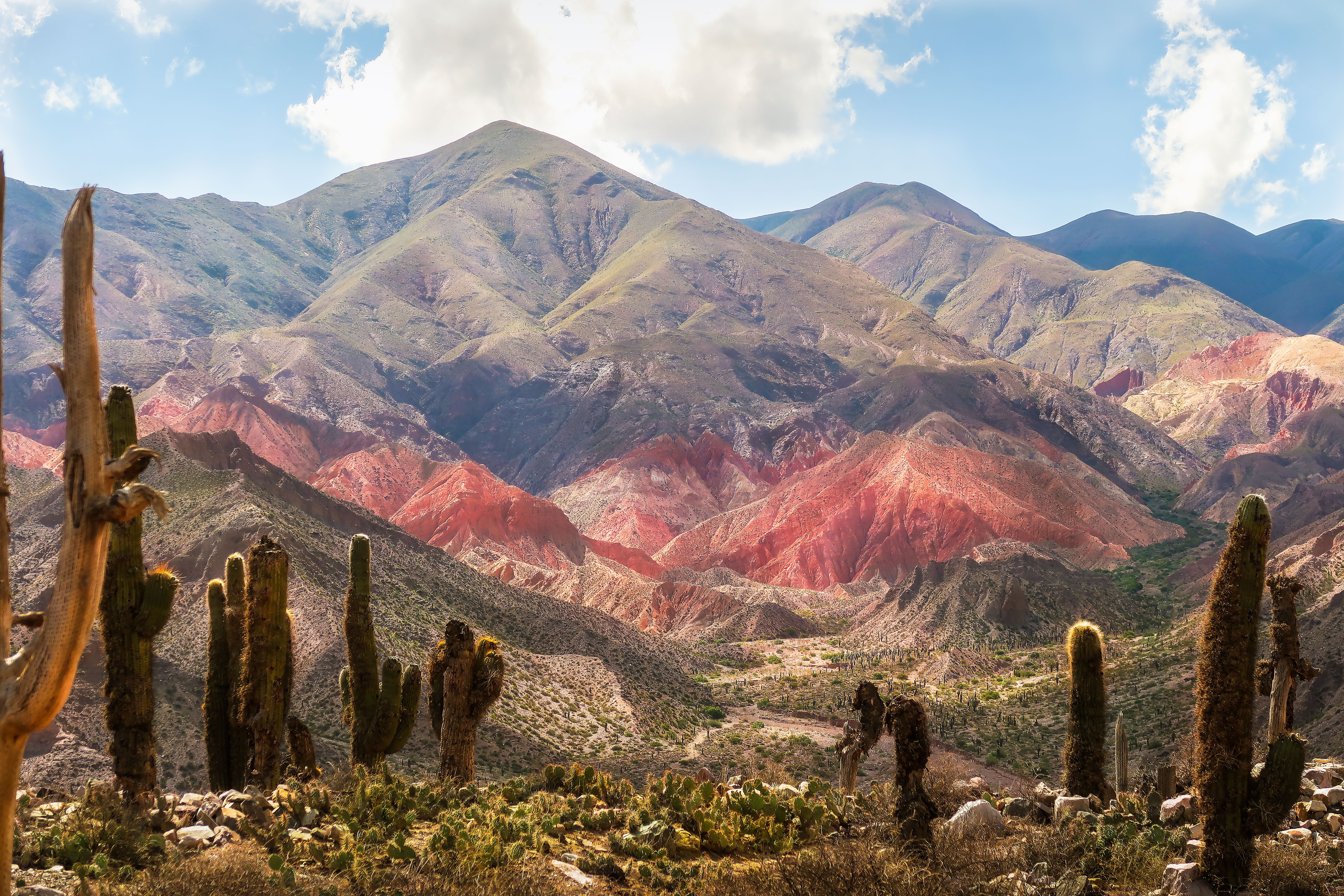
Geography and climate
The north is characterized by very hot, humid summers with mild drier winters, and is subject to periodic droughts. Central Argentina has hot summers with thunderstorms (western Argentina produces some of the world's largest hails), and cool winters. The southern regions have warm summers and cold winters with heavy snowfall, especially in mountainous zones.
Politics and economics
Argentina benefits from rich natural resources, a highly educated population, a globally competitive agricultural sector and a diversified industrial base.
People and society
Religion and the church
The state grants the Roman Catholic Church special privileges, but the Supreme Court has ruled that this does not imply the status of official state-religion.
In 1986, a group of evangelical pastors in Buenos Aires wanted to mark a ‘testimony of faith’ by planning a mass-rally in the Vélez Sársfield stadium. To assure a large audience, the organisers invited evangelist Luis Palau – ‘the Argentinian who has spoken to most people in the world’ – to preach. Press reports the next day estimated attendance figures at 5,000. Seventeen years later, Luis returned for two open-air campaigns, this time stunning the press by attracting around 400,000 people.
In Argentina, the postmodern Anglican with laptop and cellphone belongs to the same denomination as a pre-modern Amerindian who hunts and fishes for survival. Among the indigenous people in Northern Argentina, the Anglican church and the Bible Society reached a historic milestone in 2002 with the publication of the first complete Bible translated into the language of the earliest known tribe.
While Protestants have engaged in many local educational and social action initiatives, traditionally there have been few inroads into the public market-square. With their numerical increase and rising profile in a time of economic crisis, and with widespread disillusionment with the traditional party-politics, Protestants are venturing into the political arena.
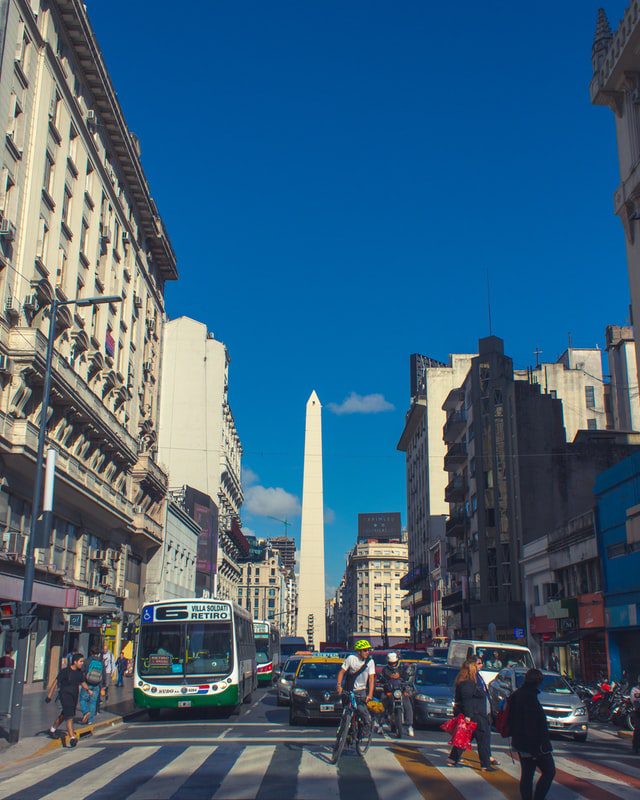
Latin Link's work in Argentina
The church perceives itself as still relatively young and recognises the need for well-grounded Bible teaching and theological education. With a huge percentage of the population being less than 25 years of age there is a need for holistic work with teenagers and young adults. We would also like to develop our sending of Argentinians on Step and Stride.
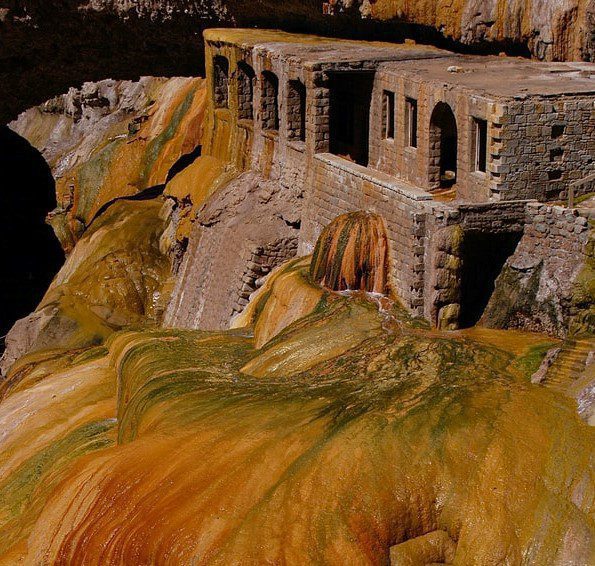
Meet our team in Argentina

Eden Andrews is in her first year of a two-year Stride placement. After her initial period of language study, she will be getting involved in a variety of ministries in
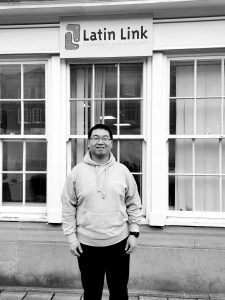
Abel is originally from China; he became a Christian when he studied in the UK as an international student. Having been on a Step team to Argentina in summer 2022,
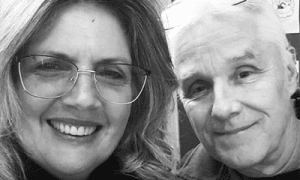
Hans, Priscilla and Josh live in Salta. Rebi and Mathias live in Belgium. Hans and Priscilla serve on the pastoral team of San Andrés Church. Hans is the coordinating pastor
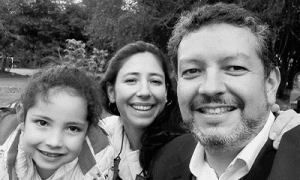
Daniel and Flavia Lesca, with Sofi, live in Salta. Daniel, in his role as Archdeacon in the Anglican Diocese of Northern Argentina, works supervising and training pastors and leaders in indigenous
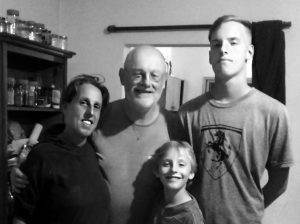
Hazel and Martin Frost, with Joni and Danny, live in San Francisco. They preach in their local church and Martin runs the tech side. Martin is involved in prison ministry and
Mission opportunities in Argentina
To find out more about mission in Argentina, please browse our opportunities or contact us.
Education and Training
Argentina
Identify and organise opportunities for Step teams and Striders throughout Argentina. You will be researching new Step and Stride projects and assessing their viability.
Education and Training
Argentina (Patagonia)
An opportunity to work in theological formation with the Southern Theological Seminary (STS) in the south of Argentina.
Care and Social Action
Argentina (La Plata)
Working and living close to shanty-town areas in La Plata.
Evangelism
Argentina
Working with international students, having an “open house” for international students.
Care and Social Action
Argentina
Working with Social action projects focusing on children, eg in orphanages/children’s homes, in outreach to children and young people living on the street.
Care and Social Action
Argentina (Buenos Aires)
Working with women at risk in a women’s refuge.
Care and Social Action
Argentina
Working in discipleship, education, technical training, social projects and similar in prisons.
Evangelism
Argentina
To support students in evangelism and discipleship.
Education and Training
Argentina
Teacher (any subject) to work in bi-lingual schools as a form of outreach to the middle and upper classes.
Education and Training
Argentina (Chaco)
To work with the Wichi communities in the Chaco region, helping develop programmes of bi-lingual education (Wichi and Spanish), resources, etc.


